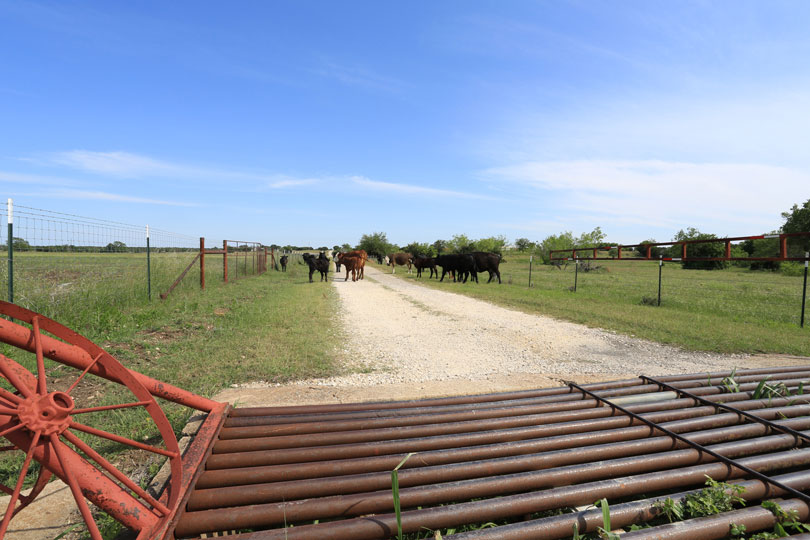By Jennifer Dorsett
Field Editor
The spread of COVID-19 has caused global market disruptions and a contraction in the previously robust U.S. economy. But how will that effect real estate markets—and most importantly to the agriculture sector, farmland values?
“Bottom line, it’s too soon to tell,” Farmers National Company Senior Vice President of Real Estate Operations Randy Dickhut said. “For quite a while, stocks were on a huge up move. But right now, there are too many uncertainties to play out before we have a clearer picture of the economic and financial impacts on agriculture and land values.”
Factors contributing to farmland values may include how long social distancing and isolation practices continue and the long-term impact the pandemic has on agricultural commodities.
It’s an unprecedented situation, Hertz Farm Management President of Real Estate Services Doug Hensley told AgriTalk Radio.
COVID-19 hit the U.S. during a traditionally slow time for farmland sales, Hensley noted.
As spring planting season continues in Texas and gets underway across the nation, leases are usually established. Mid- to late May is when farmland sales typically begin to pick up again.
“The bigger issue from the land sales perspective is buyer confidence,” Hensley said. “For the strongest sales to really occur, you have to have all segments of the land market participating. Farmers buy a lot of farms, but they are competing at most sales with local investors and non-local investors.”
When stocks, bonds and other markets are showing a tremendous amount of volatility, people hold off on making decisions about buying or selling land, according to Hensley.
“That has impacted the thinking across the farmland market,” he said. “Because of all the uncertainty, some people, who would have been buyers 10 days ago, are now taking a breather until they have a better idea of how the land market is going to respond to this situation. We don’t know what the impact is going to be, ultimately.”

